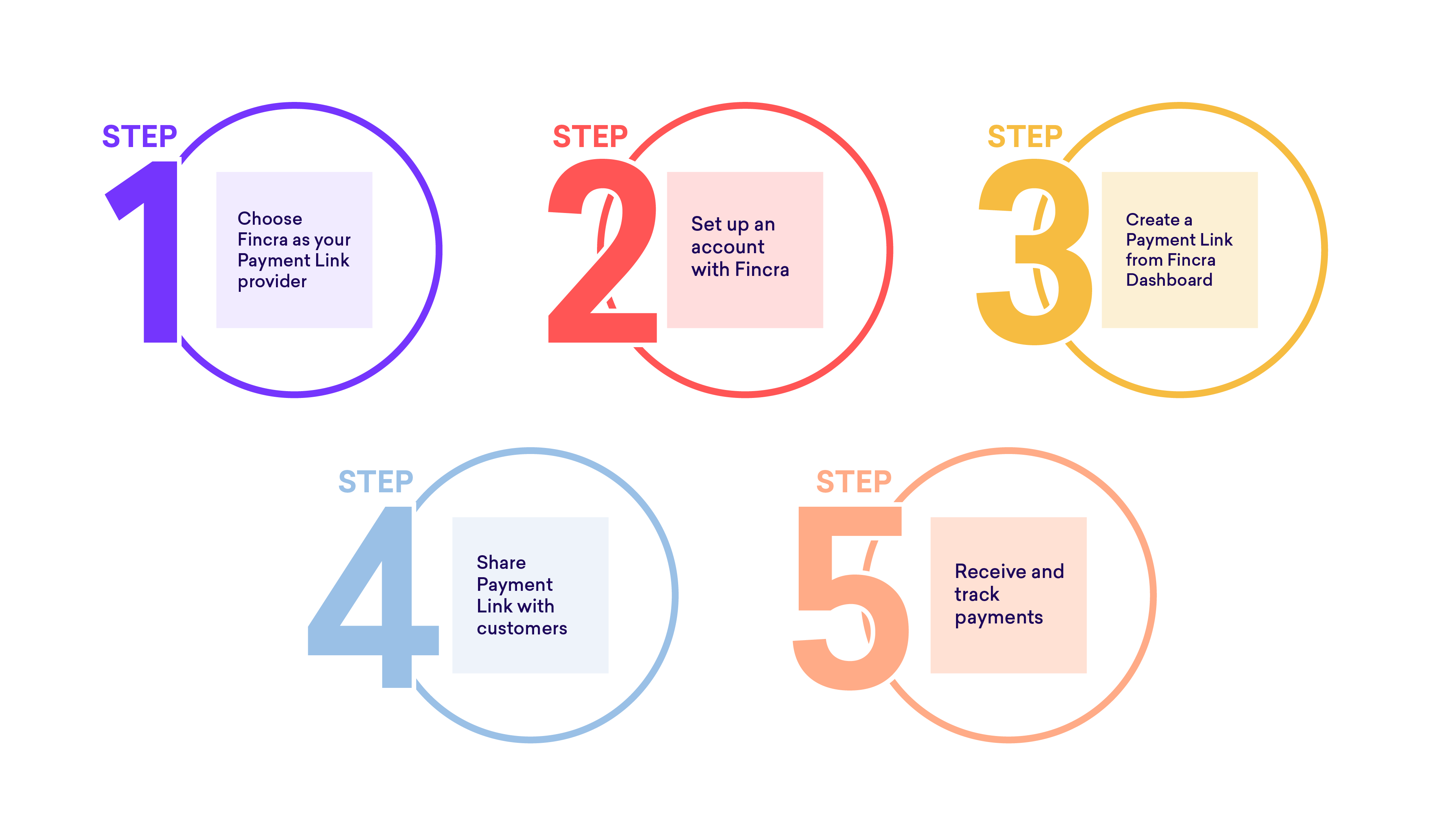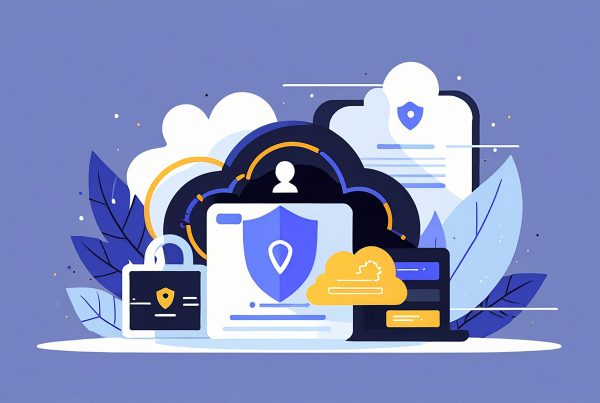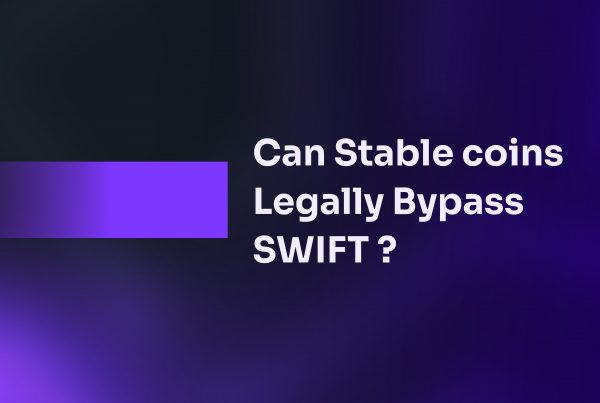Introduction
The digital realm now mirrors (to a very large extent) the physical world, thanks to the interconnectivity of the internet where the entirety of the world now co-exists.
This coexistence has changed the way we interact with products, bringing in an evolution that gave rise to digital products.
Now millions of businesses worldwide offer digital products to meet the digital demand of customers.
However, there are several other businesses considering selling digital products online but are discouraged when they think of how much work and investment needs to go into creating a website.
Websites have their advantages, they are not an absolute prerequisite for selling digital products online.
This article explores ways businesses can sell digital products without a website.
Digital products
We start with a definition of digital product. As the name suggests, a digital product is a non-physical good that exists in a digital format.
Examples of digital products include e-books, online courses provided by platforms like Udemy and Coursera, digital arts, music, video games, software applications, subscriptions etc.
Netflix, Apple Music, Spotify, Google, Fincra, Adobe, Zoom etc all offer digital products.
Looking at these examples, you could see that these brands typically deliver their digital products to customers via download and offer businesses a way to provide value without physical inventory.
Digital products can be easily modified to keep up with changing technology and trends because they’re intangible.
This is an advantage digital products have over physical products; tangible products are not as flexible or as easy to transfer from one point to another.
Selling digital products without a website
Typically, all of the brands mentioned above all have websites from where customers can buy, subscribe or sign up to use their digital products.
But it is not necessary for all emerging businesses that do not yet have the resources to build and maintain a website as well as established businesses who have not yet adopted digital technology.
Thankfully, a website is not the only marketing tool on the internet to sell digital products; let’s look at some of the ways businesses can sell digital products without a website.
- Internet marketplaces
Businesses without a website to sell digital products can utilise third-party marketplaces and sell their products.
Internet marketplaces are e-commerce websites where different merchants market their products. Notable examples of such marketplaces in Africa and Nigeria include Jumia, Konga, Jiji etc and globally recognised marketplaces like Amazon and eBay come to mind. - Social media platforms
Social media has revolutionised entertainment and social lives, forcing a shift in how people consume news, entertainment and stay in touch with friends.
This shift has paved the way to the rise of social commerce as businesses have discovered the hack of reaching and engaging customers where they spend most of their time.
There are more than 4 billion people on social media worldwide with Africa accounting for more than 380 million of them.
The huge market opportunity on social media is why the social commerce industry in Africa is expected to grow by 38.9% annually to reach $69m in 2023 according to Research and Markets.
Businesses can sell digital products on X (formerly Twitter), Facebook, Instagram and a slew of other platforms without needing a website. Businesses can create content and partner with influencers to sell their products. - Email marketing
Another way to sell without a website is through email marketing. Businesses can use several channels like pop-up events, social media etc to build up an email list to reach customers.
There are several platforms that can help businesses reach customers via mail. Email offers businesses the opportunity to establish an intimate and lasting relationship with customers that make businesses thrive. - Mobile apps
Digital behaviour has shifted in recent years to mobile as people spend more time on their phones.
This shift presents an opportunity for businesses to use mobile apps to reach their customers and sell digital products without needing a website. - Messaging apps and chatbots
Messaging apps have become an increasingly popular communication channel for businesses.
In Nigeria alone, Whatsapp is the most used social media platform, with about 19.6 million daily users.
This platform and other messaging apps present a goldmine for businesses to sell digital products without a website.
Payment link: the ultimate tool
No matter the channel you would choose to sell your digital products, there’s an ultimate tool that businesses need to collect online payment without a website and that is the payment link.
A payment link is a simple URL that businesses can use to collect payment. The most popular use case for payment links is that it is a secure and convenient method of payment that doesn’t require a business hosting a checkout page on a website.
Businesses of any type and stage can use payment links to collect payment as they sell digital products.
These payment links are sharable in the above mentioned channels where businesses can sell digital products without a website.
How to get payment link

Businesses have to work with payment companies to use payment links, and there’s no better choice than Fincra.
Fincra has payment links to allow businesses to collect payments without a website.
Fincra Payment Links allow businesses to collect payments via cards, bank transfers, PayAttitude and Mobile Money. It’s easy to integrate into any channel and platform, has a streamlined checkout process and is easily customisable.
Create a free account with Fincra to get payment links.




